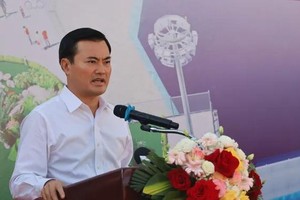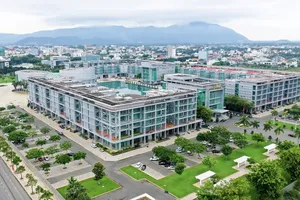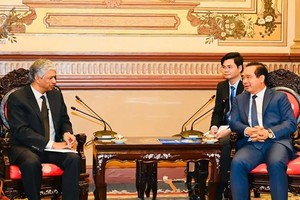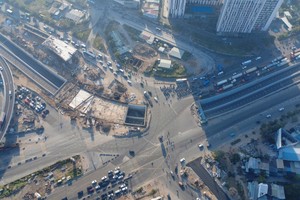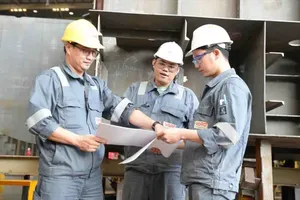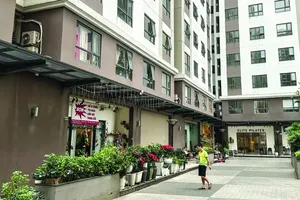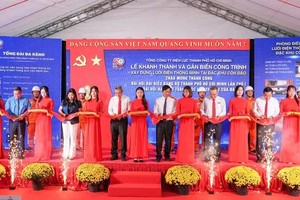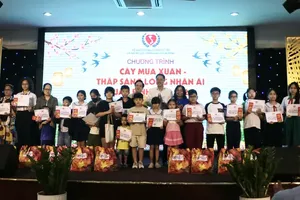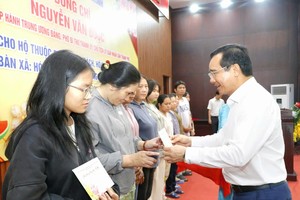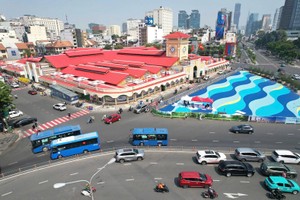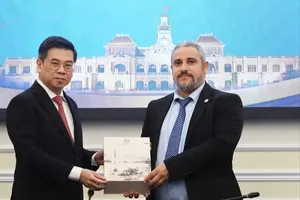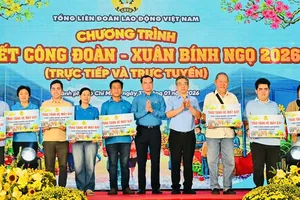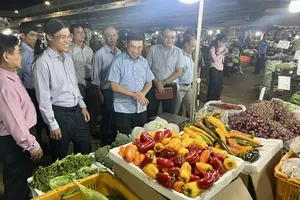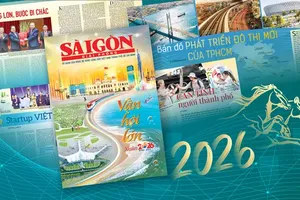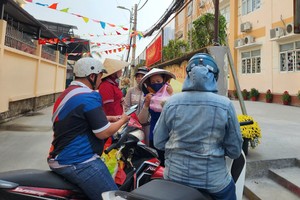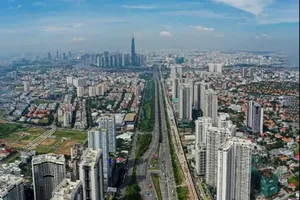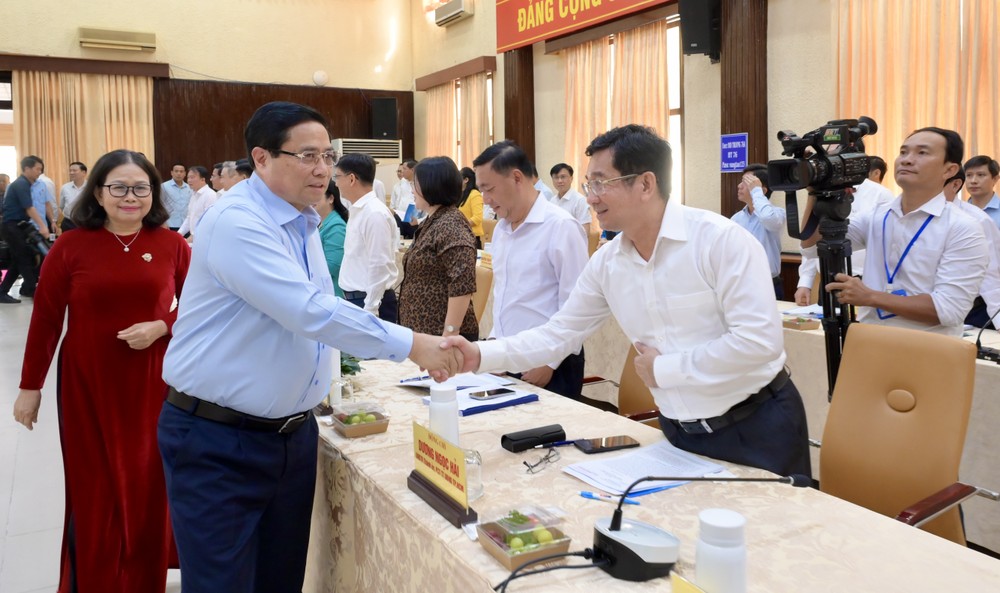
He chaired a conference on March 20 in Ba Ria - Vung Tau to review the 2025 inspection results for the Standing Committees of the Ho Chi Minh City Party Committee, the Binh Duong Provincial Party Committee, and the Ba Ria - Vung Tau Provincial Party Committee.
Attendees included Mr. Nguyen Van Nen, Politburo Member and Secretary of the HCMC Party Committee; Mr. Ho Duc Phoc, Central Party Committee Member, Deputy Prime Minister.
Shifting from passive to proactive governance
Prime Minister Pham Minh Chinh urged localities to ensure sustainable growth by maintaining macroeconomic stability, revitalizing traditional growth drivers, and fostering new industries while ensuring social equity and environmental protection.
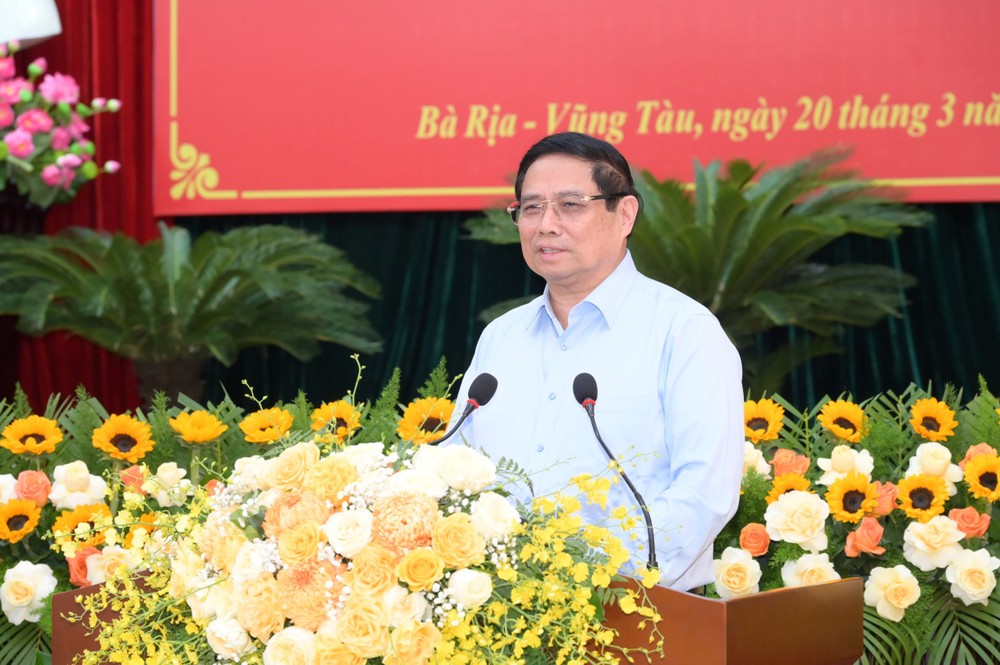
Prime Minister Pham Minh Chinh directed localities to prepare thoroughly for administrative boundary restructuring, streamline governance by eliminating district-level administration, and effectively communicate these changes. He emphasized that this restructuring aims to create new development opportunities, accelerate digital transformation, implement comprehensive digital citizenship, simplify administrative procedures, and reduce bureaucracy.
"Government agencies must move from passive processing to proactive service, cutting time and costs while preventing corruption and inefficiency," he stated.
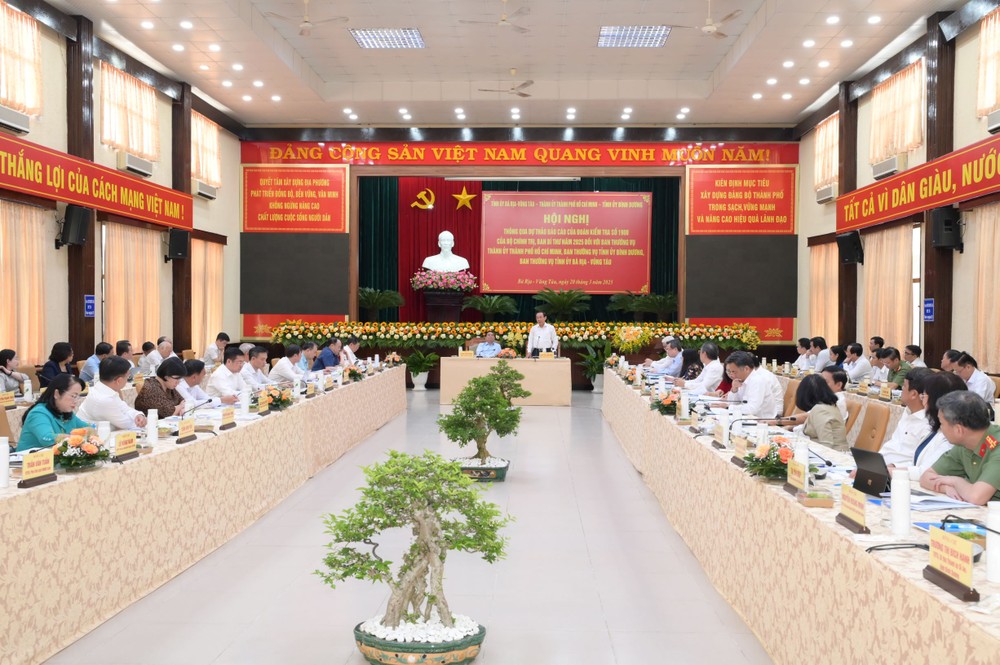
Prime Minister Pham Minh Chinh praised HCMC for its strong political, ideological, and public communication efforts, maintaining and fostering unity. The city has streamlined its administrative structure, reducing internal organizations by 15 percent and staff by 20 percent. Notably, it has been proactive in implementing Resolution No.57 and has shown consistent progress in science, technology, innovation, and digital transformation, as well as in advancing education, particularly non-public education.
HCMC has also swiftly introduced action plans for implementing Conclusion No.123, aiming for double-digit economic growth—exceeding its assigned 8.5 percent target. The city has been proactive in addressing long-standing backlog projects.
The Prime Minister emphasized the need for HCMC to refine its economic growth strategies for each quarter, accelerate public investment, and continue resolving delayed projects. He also urged a stronger focus on social housing development and the complete elimination of temporary and substandard housing.
For Ba Ria - Vung Tau, he emphasized allocating 3-5 percent of the state budget to science and technology, reviewing stalled projects, expanding oil and gas exploration, and utilizing public-private partnerships to attract 60 percent of GRDP-scale investment. He also called for stronger support for businesses and investors.
Regarding Binh Duong, he highlighted the province’s large workforce and the urgent need for social housing. He urged authorities to ensure equal housing access and prioritize public healthcare to improve residents' well-being.
Better outcomes expected after administrative reorganization
On behalf of the Standing Committees of the HCMC Party Committee, the Binh Duong Provincial Party Committee, and the Ba Ria - Vung Tau Provincial Party Committee, HCMC Party Secretary Nguyen Van Nen acknowledged the Prime Minister’s directives, pledging to build on successes and address the shortcomings identified by the inspection delegation.
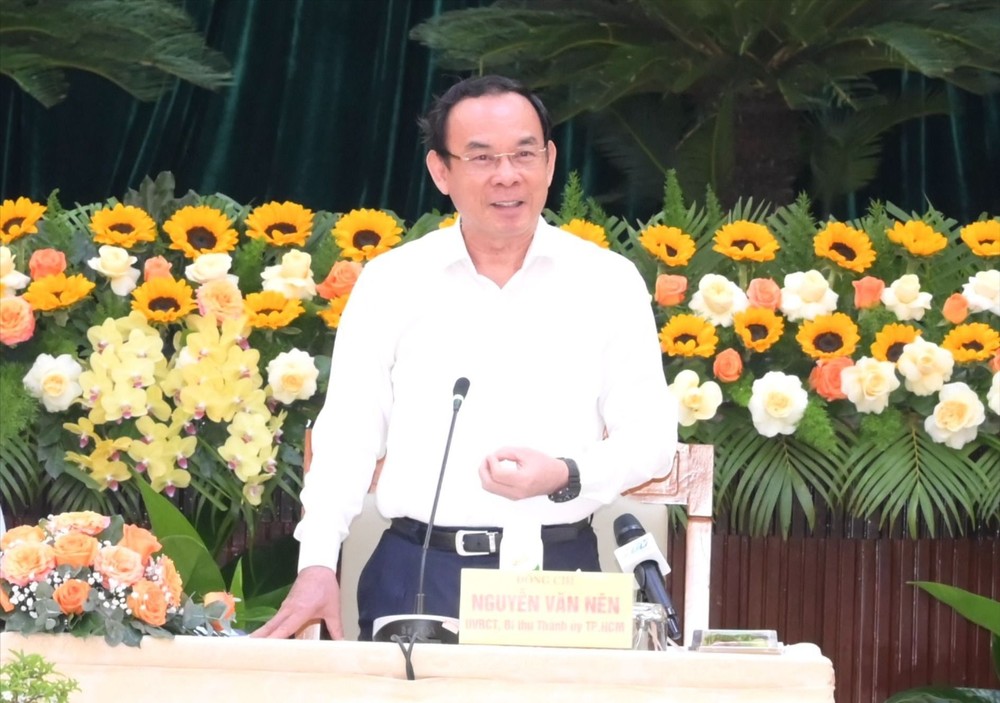
The three localities will take a proactive approach, coordinating efforts to implement the Prime Minister’s conclusions. They have identified four key areas for executing Resolution No.18 and Conclusion No.121, which focus on streamlining the political system for greater efficiency. Additionally, they will implement Directive No.35 on Party Congresses at all levels leading up to the 14th National Party Congress, Resolution No.57 on breakthroughs in science, technology, innovation, and digital transformation, and Conclusion No.123 on socio-economic development in 2025, aiming for growth of at least 8 percent.
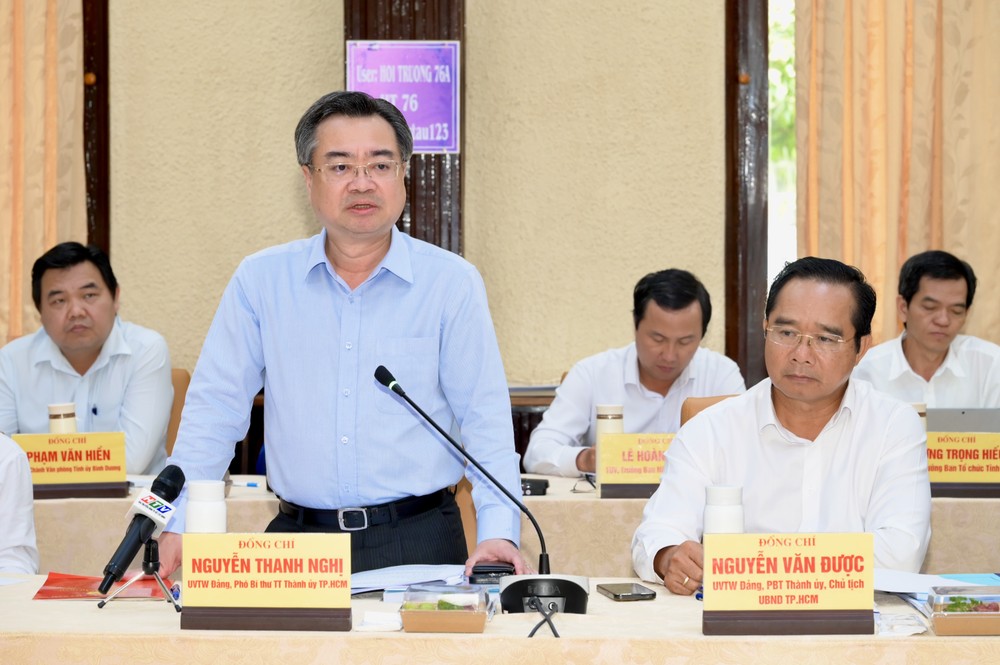
Recognizing the historical significance of this restructuring, local leaders understand its wide-ranging impact on the entire social system. These changes must be implemented within a set timeframe to meet ambitious goals. This includes restructuring the administrative apparatus, reorganizing personnel, and consolidating provincial-level administrative units by eliminating the district level and significantly reducing the number of communes. Given the direct impact on personnel, localities must ensure that policies are implemented fairly and thoughtfully.
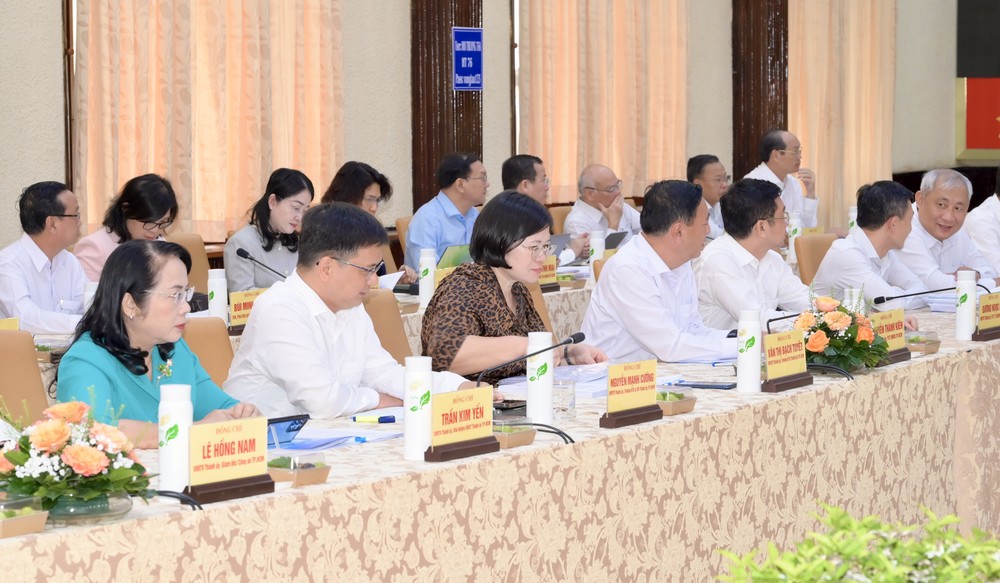
Mr. Nguyen Van Nen emphasized, "The key goal of this transformation is that after the restructuring, everything must improve, as directed by the Prime Minister." He stressed the importance of prioritizing human resources, linking workforce development with advancements in science, technology, innovation, and digital transformation. Additionally, he highlighted the need for strong political and ideological work, clear communication strategies, and targeted solutions to remove obstacles, ultimately driving local economic growth and development.
